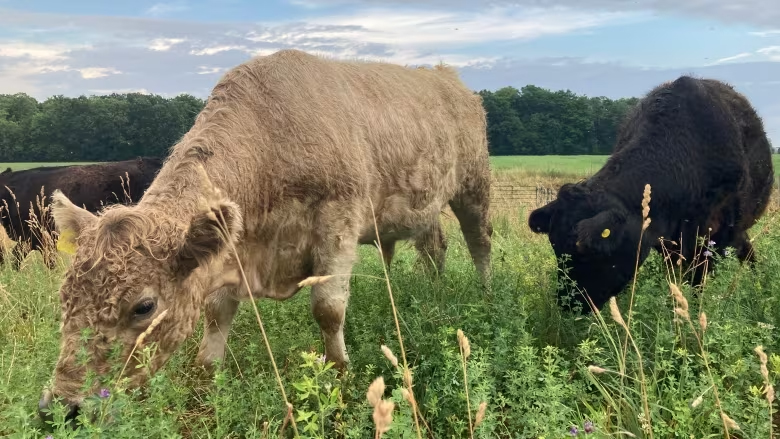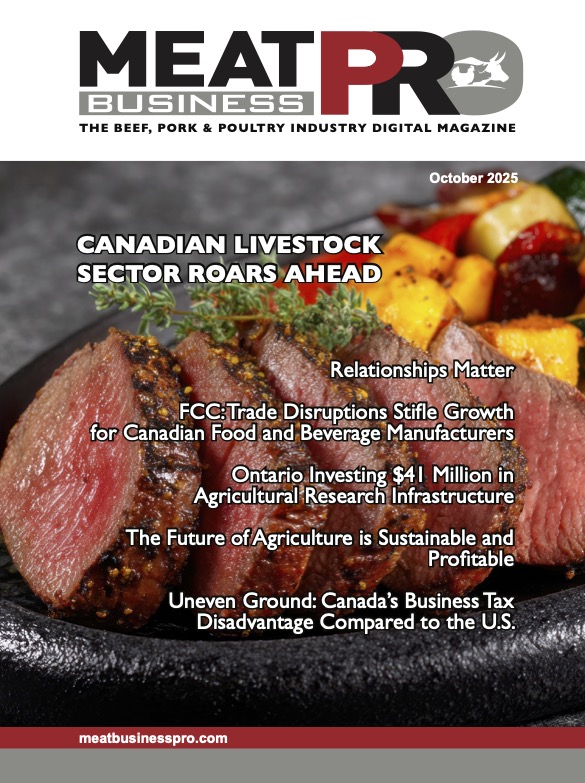Reusser said when the borders closed at the beginning of the pandemic and food was scarce for a short period of time, people were wondering “is there an alternative? Where else can we go?”
This idea would appear to ring true for Doug Dedman, a farmer in New Dundee, Ont. He’d seen the interest in his beef ramp up about 18 months ago.
“People are starting to become, I would say, informed,” Dedman explained. “We get a lot of requests about grass fed, is one of the things that people are looking for — grass fed — and then they also … are asking questions around, are you raising these animals yourself?”
“And so, I would say that when we’re getting those questions and people are interested, they’re consumers that are trying to educate themselves about the food that they’re eating.”
Dedman said that people who care about how they’re bringing up the cattle are putting in the orders, versus those who are looking to save a buck by buying right from the farm, who rarely become customers.
Selling out of farm-to-fork beef
Angela Cammaert of Cammaert Farms in West Lorne, Ont. has seen even more of an increase in demand than Dedman — they’re entirely sold out of beef for 2023.
“That really only happened in probably the last month,” she told CBC News. “I would say for the past two years we’ve usually been five to six months in advance with reservations but literally in the last month we’re reserved completely for the rest of the year.”
Unlike Dedman, she believes that cost has something to do with it since she said it’s cheaper to buy directly from the farm — there aren’t the same markups found at the grocery store — and said that people are traveling long distances for her beef, from Windsor and the GTA.
Wanting choice
Katie Mennill lives just outside of West Lorne and has been buying from the Cammaert’s for over a year. It’s something they’d never done before on this scale.
“What I really was focused on is choice for my family,” she said. “Choice in terms of how meat is raised, choice in terms of where I buy and who I buy from.”
“I wanted to exercise that … I was thankfully able to find something locally. We love buying from Cammaerts and we will continue to be.”
Her family has decided to pre-ordered a whole cow annually, but said that her desire to buy local wasn’t because the grocery store shelves were thinning during the pandemic. She stressed that it was about choice, and making healthy choices. Cost is a factor too.













